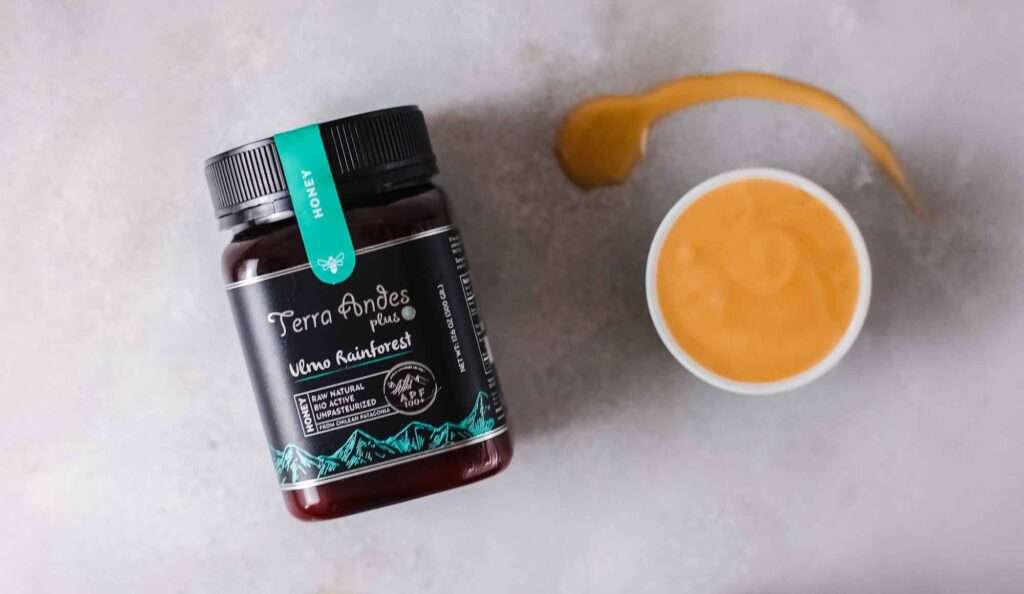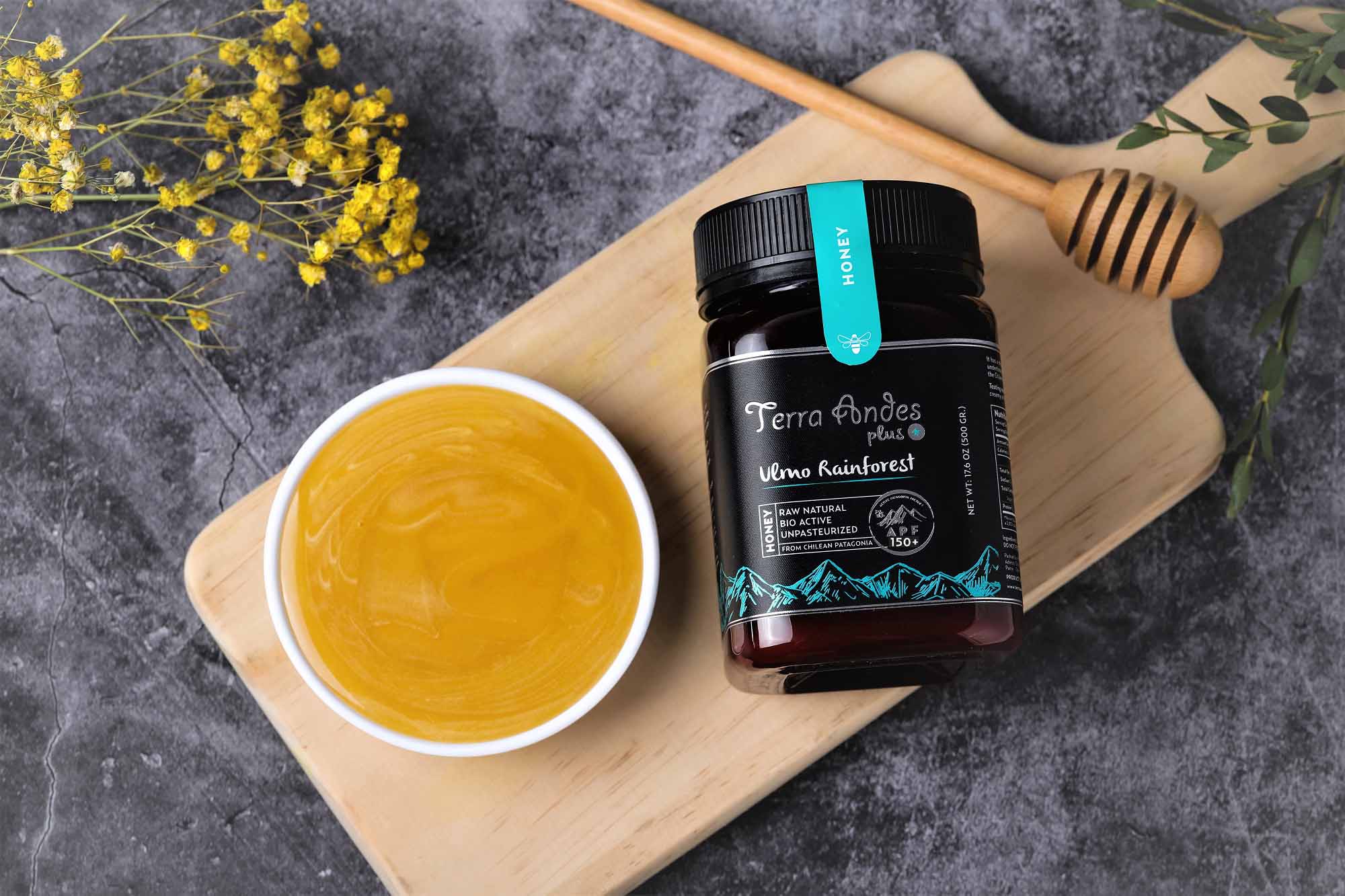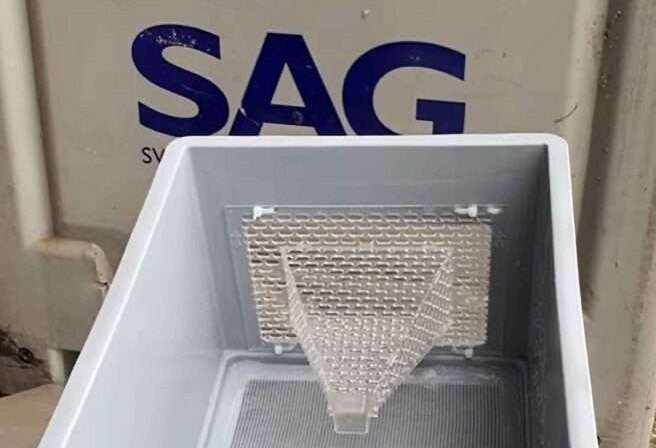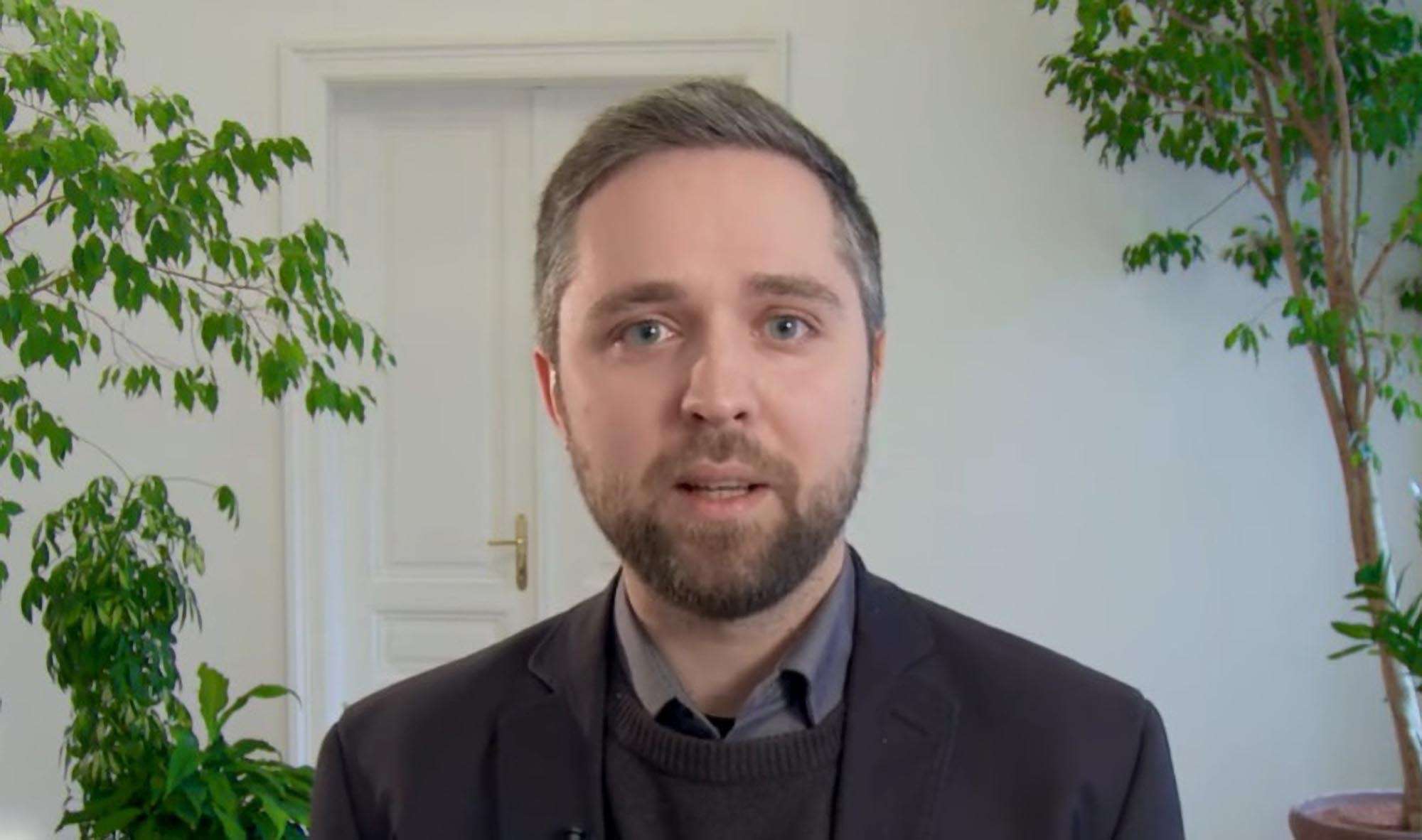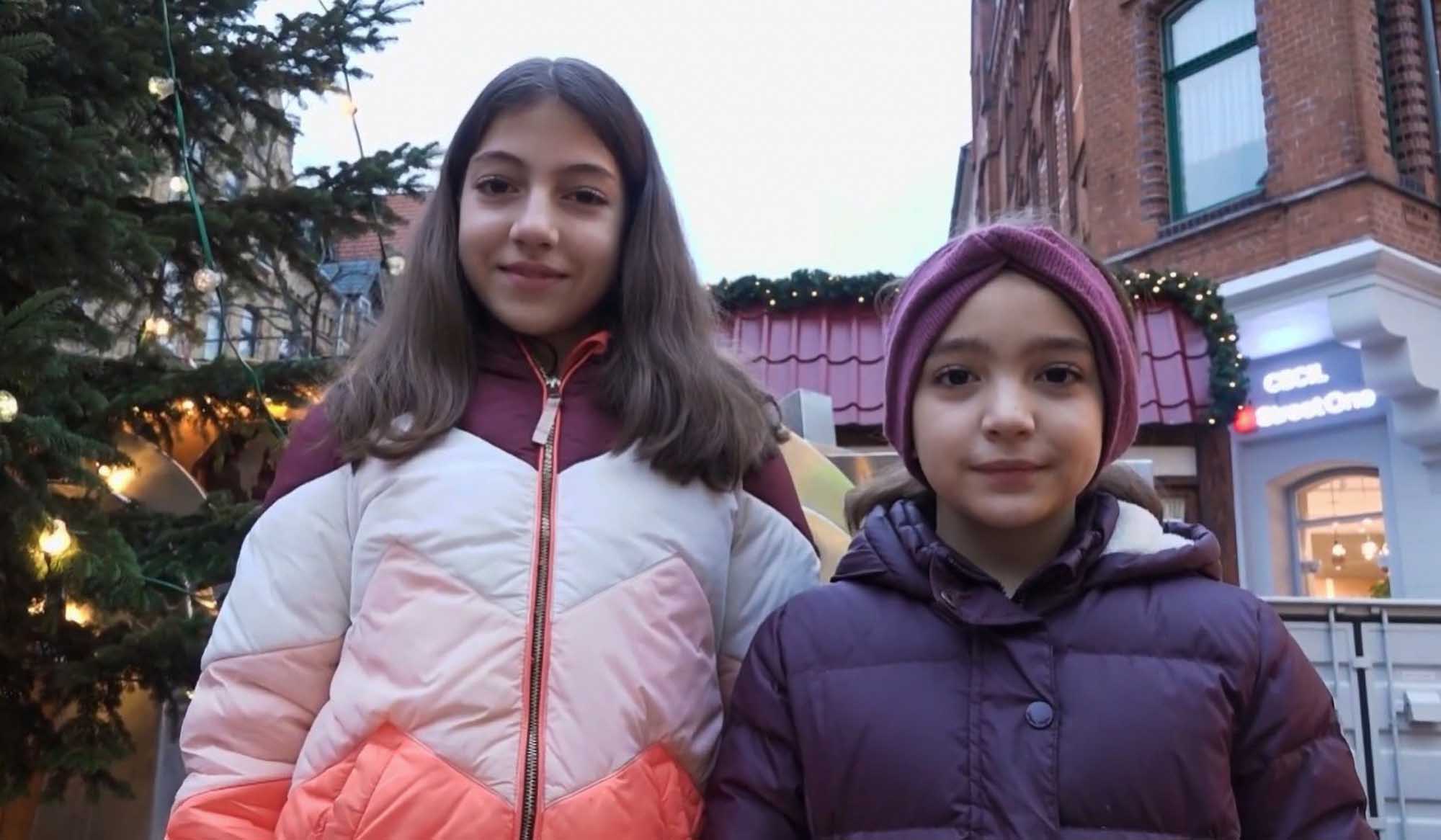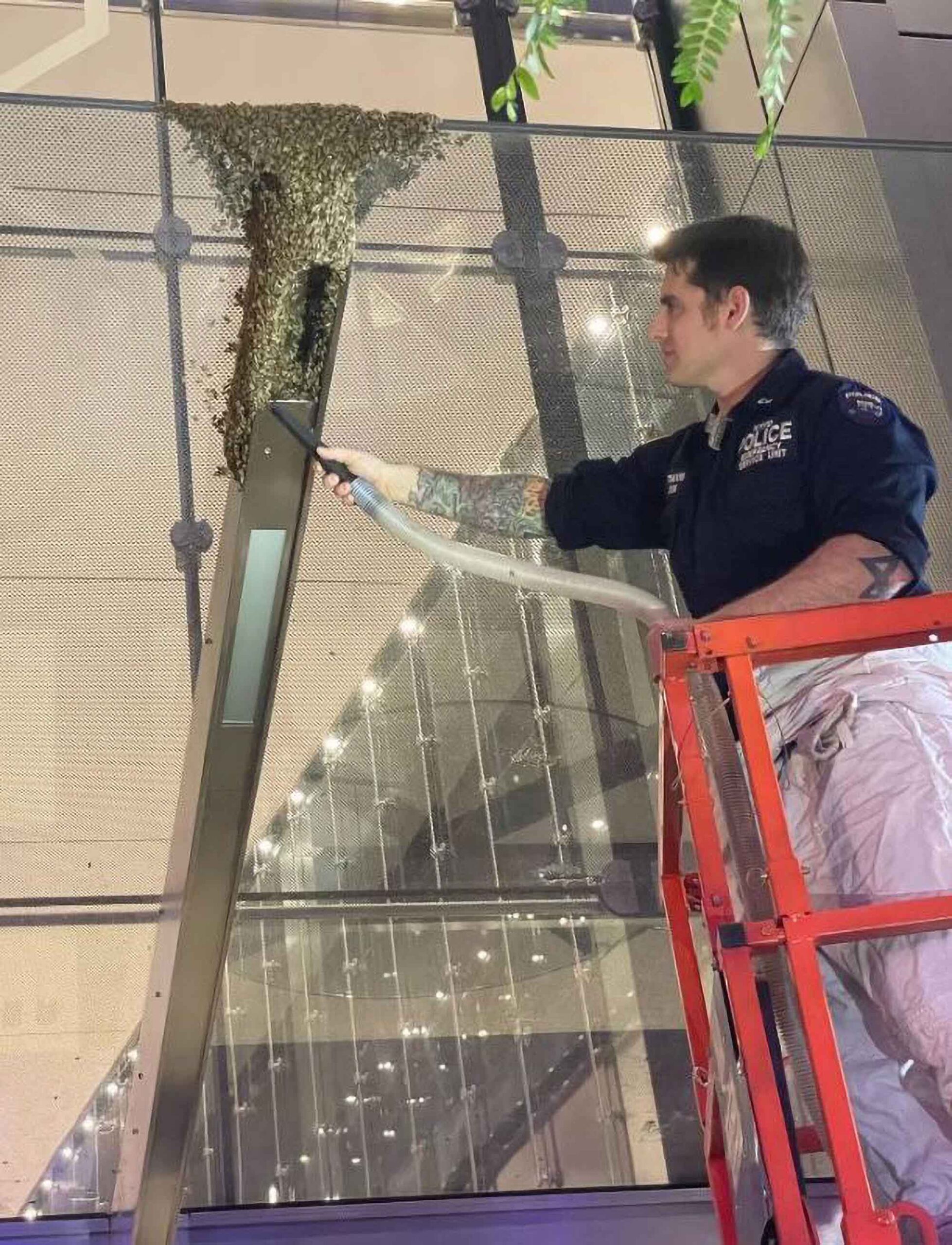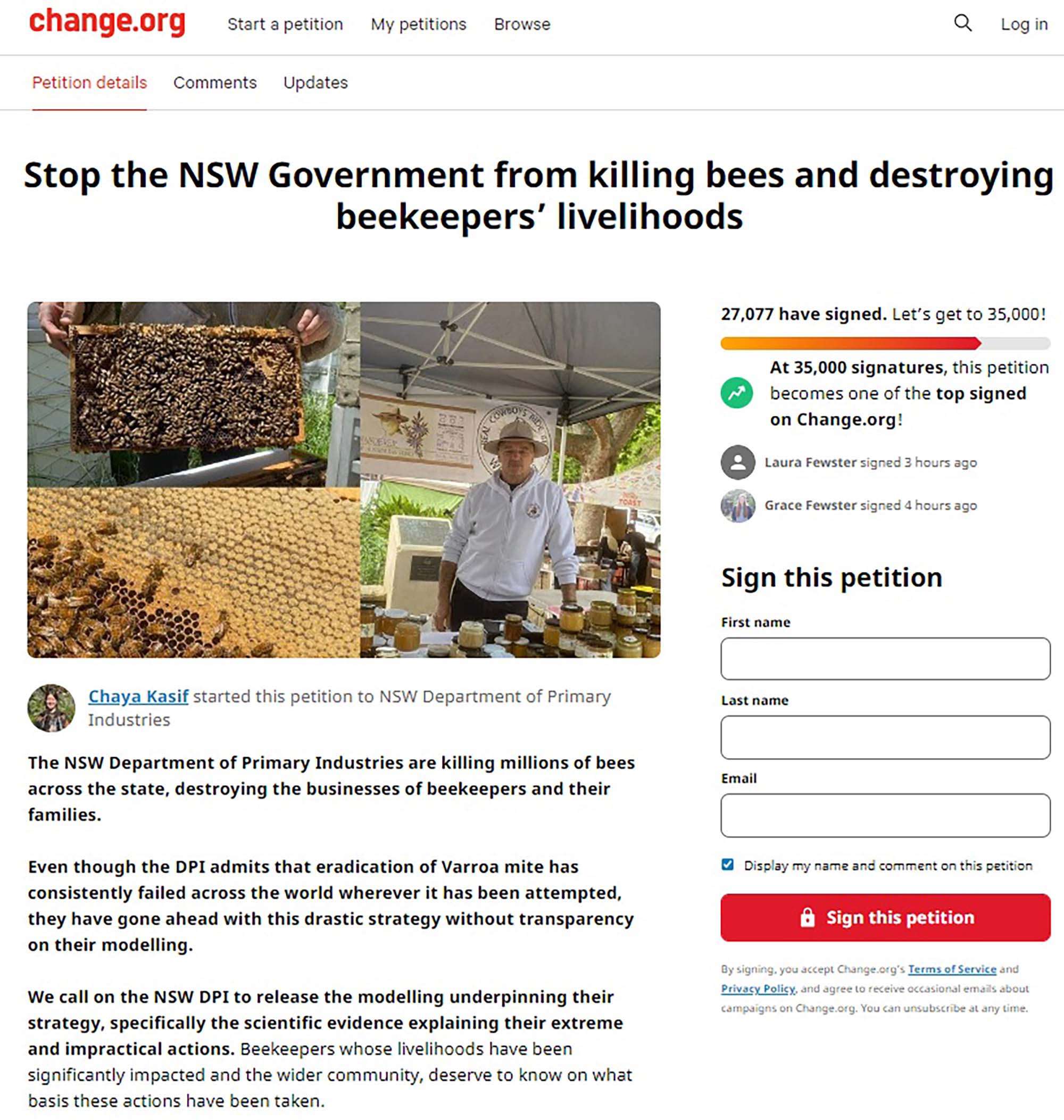A Chilean honey distribution executive has said that labelling artificially created products as ‘honey’ is “impossible to accept.”
Blanca Gimenez is a business developer at Terra Andes Plus, the company which owns the licence for Active Patagonia Factor (APF).

Researchers at Santiago-based APF – which is selling its products all over the world – have established a scientific technology that certifies the antibacterial capabilities of honey from the Patagonia region.
Asked for her point of view on the endeavours of enterprises aiming at the development of bee-free honey, Blanca made clear that she could not understand the decision to call what they want to create ‘honey.’
Dutch firm Fooditive recently made headlines by announcing significant progress in its bid to “copy honey DNA into a strain of yeast.”
The Rotterdam-based company’s target is to create a product which has the same characteristics as pollinator-produced honey as far as its taste, colour and positive effects on human health are concerned.
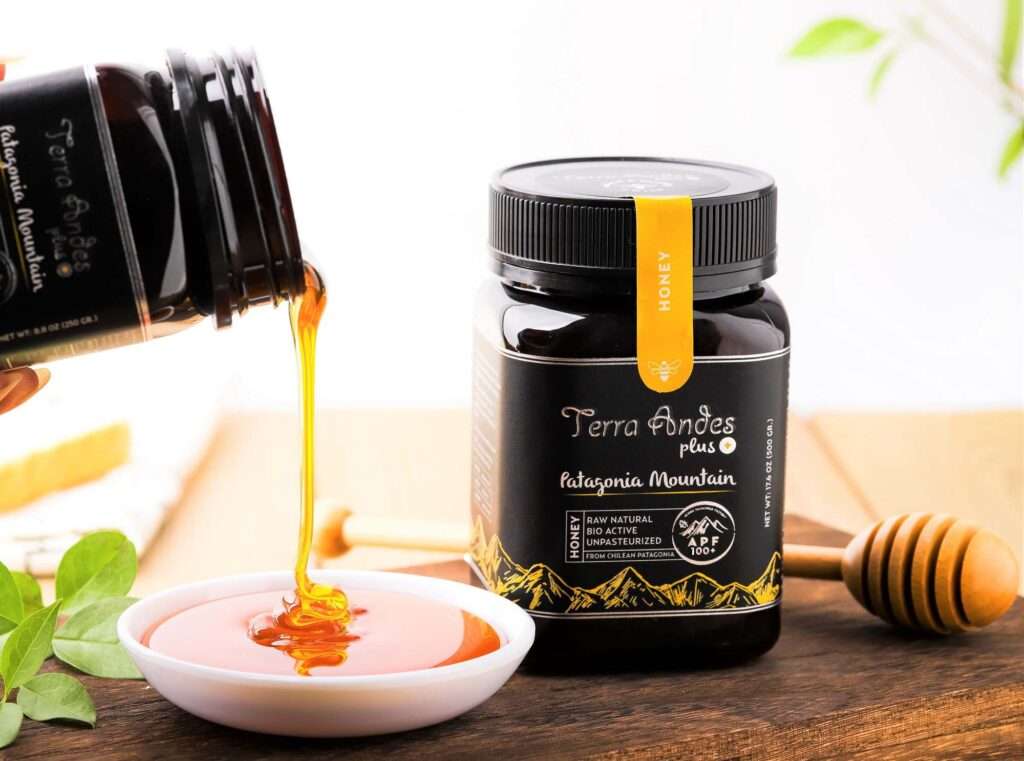
Blanca told NewsX: “It’s hard to understand why it’s promoted to be similar to honey and not as an artificial sweetener.”
The APF executive said: “Those who are dedicated to beekeeping know how magical the process of producing one kilogramme of honey is. The bees’ pollination efforts are of great importance concerning their evolution and survival.”
Blanca argued it is “impossible to accept” the title ‘honey’ for the invention.
Speaking to NewsX, she added: “This does not mean that it might be a good sweetener made in laboratories.”
Moayad Abushokhedim – the founder and CEO of Fooditive – said last November his firm was determined to “make no compromise on taste, quality or price.”
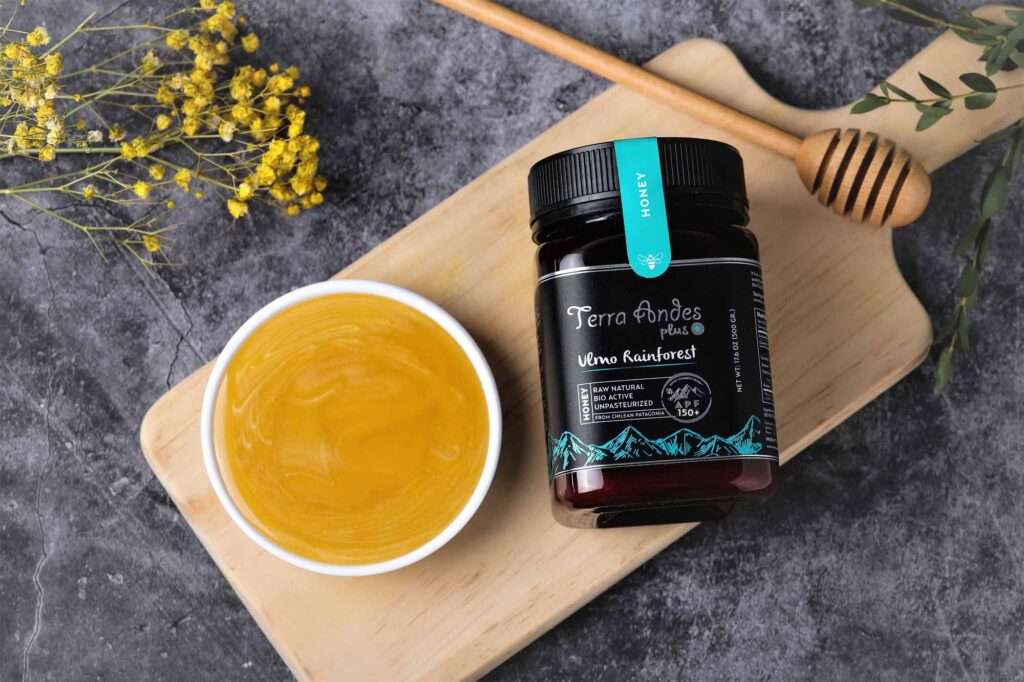
Moayad claimed that the endeavour was a “stepping stone for a revolutionary advancement in the food and biotechnology industries.”
Two years ago, Fooditive caused a stir by presenting the first-ever plant-based casein to be used in the dairy industry.
AFP, meanwhile, claims on its website that its product “helps you feel healthier, stronger and energised, supporting memory and mental acuity, soothing your skin and nourishing your digestive tract.”
Blanca told NewsX that the Chilean company’s honey range was 100 per cent free of pesticides, herbicides and any type of contaminant.
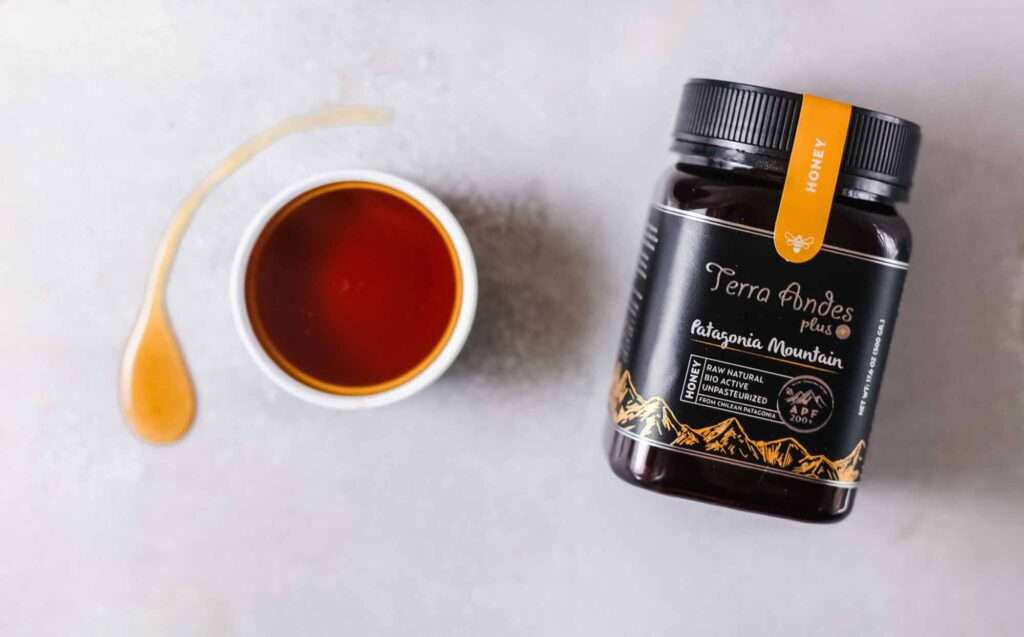
According to the Mayo Clinic, a leading US American medical research centre, honey “is used as an anti-inflammatory, antioxidant and antibacterial agent.”
The Mayo Clinic says on its homepage that honey “might offer antidepressant, anticonvulsant and anti-anxiety benefits.”
It adds that its antioxidants “might be associated with reduced risk of heart disease.”
Bees are crucial pollinators. They provide vital support to the diversity of flowering plants as well as agricultural productivity anywhere in the world.
Their existence is endangered by the excessive application of harmful pesticides and the progressing reduction of habitats.
